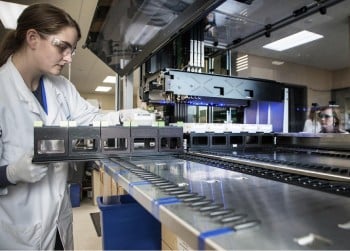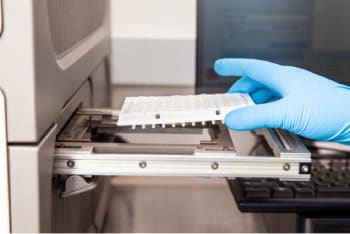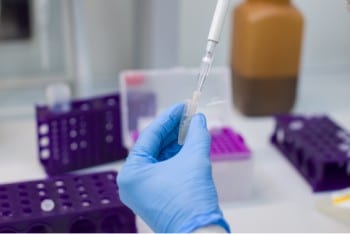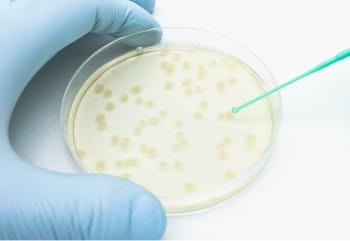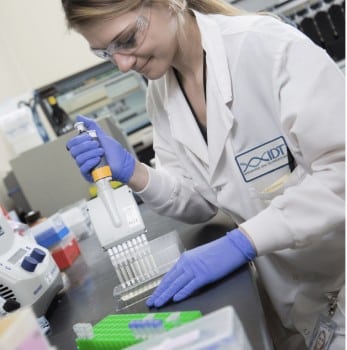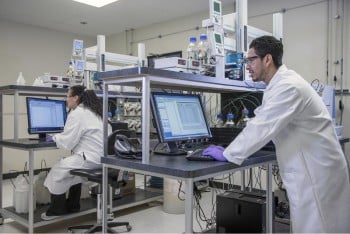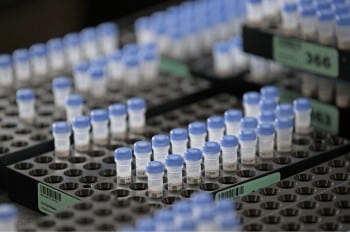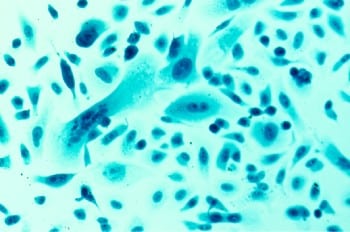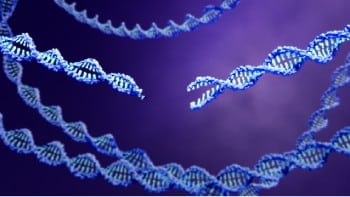Are big breakthroughs in science a thing of the past?

A recent article published in January 2023 identified a decrease in “disruptive” science using an index to measure how much a paper or patent changed a research field. This work showed that, since the start of the 2000s, research has seen an explosion of publications but a rapid decrease in the number of discoveries that cause a paradigm shift or that “disrupt” science as we know it. For those looking for big current science breakthroughs, this can be a huge disappointment.
To do their work, the researchers used a measure of disruptiveness called the Consolidation-Disruption (CD) index. The nearly 25 million papers and 3.9 million patents analyzed using this index were placed on a scale from -1 (least disruptive) to 1 (most disruptive). The results of their study showed that between the years 1945 and 2010, disruptiveness of publications and patents decreased by 90%. This suggests that there has been a consistent decline in ground-breaking discoveries (in all of the fields of research) over time. This decline was also observed when using two additional indexes of disruptiveness, as well as when other databases of research publications were measured.
Publication demands, funding needs possibly to blame
The “why” behind this finding has been subject to heated discussions within the scientific community, with some researchers pointing to the fact that grants and other sources of funding needed to perform disruptive research are incredibly competitive and are rarely awarded to teams with high-risk projects. Ironically, these projects could be the ones likely to shift a paradigm and spark an entirely fresh field of research.
This high level of competition has resulted in a “publish-or-perish" environment that pushes researchers to publish more frequently, which could also be linked to the high number of “low impact” publications and a lack of science breakthrough announcements.
While the cause for this decrease might be debated within the scientific community, there is little argument that these paradigm-shifting discoveries are important. Many of these findings have transformed the way we approach our everyday lives. One recent example of a disruptive science breakthrough is the mRNA delivery system of COVID-19 vaccines.
Breakthrough science: PCR and NGS
Other examples of disruptive science include the invention of PCR technology (short for polymerase chain reaction) or next generation sequencing (NGS). PCR, which allows researchers to generate a large number of copies of DNA in a short period of time, was invented in 1985 by Kary Mullis, and has since become one of the most commonly used methods in life science research. It has been heralded for transforming the way that researchers use DNA in their work.
NGS has had a similar impact on life science research. This high-throughput sequencing approach emerged to the sequencing scene in the early 2000s. It allows scientists to sequence millions of DNA molecules in parallel and has majorly lowered the cost of sequencing. Like PCR, NGS is now a nearly ubiquitous approach in life science research labs and has provided researchers with the tools needed to unlock the secrets hidden within the genomes of microbes, humans, plants, and animals.
These approaches have majorly changed the way life science research is conducted and have resulted in numerous advancements in genomics, cancer research, viral disease surveillance, and many other fields.
Since being established in 1985, IDT has worked to advance life science research and to support researchers by consistently providing high-quality materials and reliable expertise for its customers. Originally starting by providing researchers with high-quality oligonucleotides for their PCR reactions, IDT has since expanded our portfolio into other research fields like NGS, CRISPR, and synthetic biology. The next major disruptive science discovery is just around the corner, and IDT will be there to help.
RUO23-1876_001

